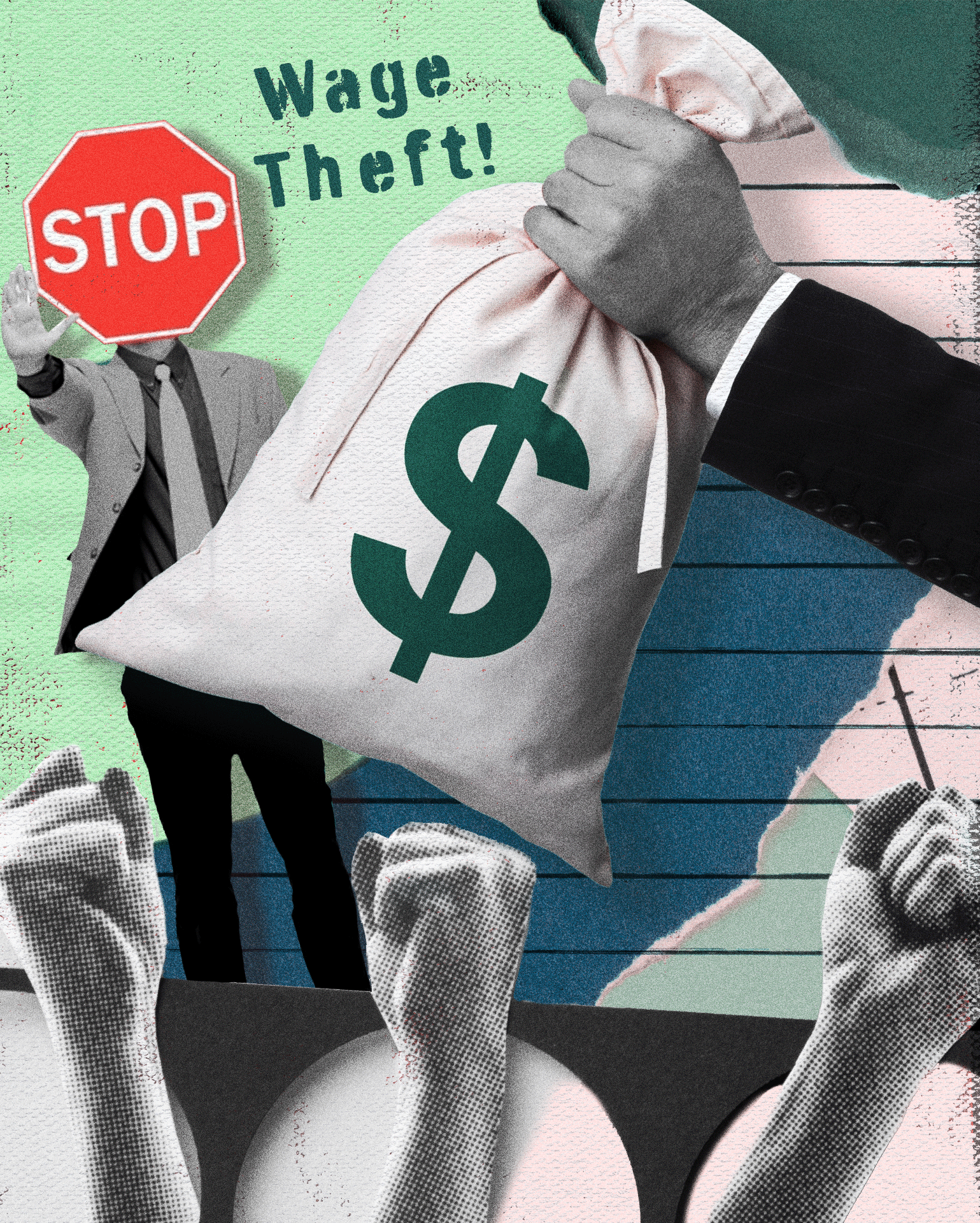Meal Periods


What Are Meal Periods?
California employees have a right to regular meal periods during their scheduled workday, unless otherwise exempt, and any employer who fails to provide proper meal periods for employees is violating California wage and hour law. California wage laws were put in place to ensure that employees are paid fairly, and any violation of these laws is grounds for a lawsuit. If your employer refuses to provide a regular meal period during your workday or requires that you continue working during meal or rest periods, contact our employment law attorney at Davtyan Law Firm today for legal help. Our attorney has extensive experience protecting the rights of employees denied their basic employment rights under California labor law and can help you recover the wages you are entitled to.
Meal Period Requirements in California
Under California labor laws, non-exempt employees are entitled to a 30-minute duty free uninterrupted meal period on days where they work more than five consecutive hours, unless the employee’s workday is six hours or less, in which case the meal period can be waived with the consent of both the employee and the employer. California employees are generally entitled to a second 30-minute meal period if they work more than 10 hours per day, unless the total hours worked is less than 12 hours and waiver is signed allowing to skip it. In addition, unless the employee is relieved of all work duties and is free to leave the employer’s premises, the meal period must be counted as hours worked and be paid at the employee’s regular rate of pay. California employers are only permitted to provide an on-duty meal period in limited circumstances, such as where the nature of the work prevents the employee from being relieved of all duties and an on-the-job, paid meal period is agreed upon by the employee and employer.
Exceptions to Meal Period Laws in California
California meal and rest period requirements only apply to non-exempt employees. Also, there are exceptions to some of the meal period requirements for California employees in certain industries. Employees not subject to the same meal period requirements under California law include the following:
- Exempt employees;
- Workers who meet the legal definition of independent contractors; and
- Unionized employees in certain industries whose collective bargaining agreements offer meal breaks on a different schedule.
Filing a Wage and Hour Lawsuit
California employees denied meal breaks that are required by law may be able to sue their employers for the equivalent of one hour’s pay for each break denied to them (capped at one per workday).
A California Labor Law Attorney Can Help
It may not seem all that important to be aware of your meal period rights at work, but it is. Employees must understand their rights under California labor laws, including what meal periods they are entitled to and when, and whether or not they should be paid for these meal periods, so they can avoid being taken advantage of by their employers. For example, employees should know that if their employer requires them to remain at the work facility or job site during a meal period, the meal period must be paid, even if they are relieved of all work duties during this time. If you are covered by the meal period requirements of California’s labor laws, and your employer fails to provide the required meal period, you may have grounds to file a lawsuit against your employer to recover the compensation you deserve. Contact Davtyan Law Firm today to discuss your employment rights.

Ready to get started?
Contact us now for a free consultation to find out how we can help you.






















